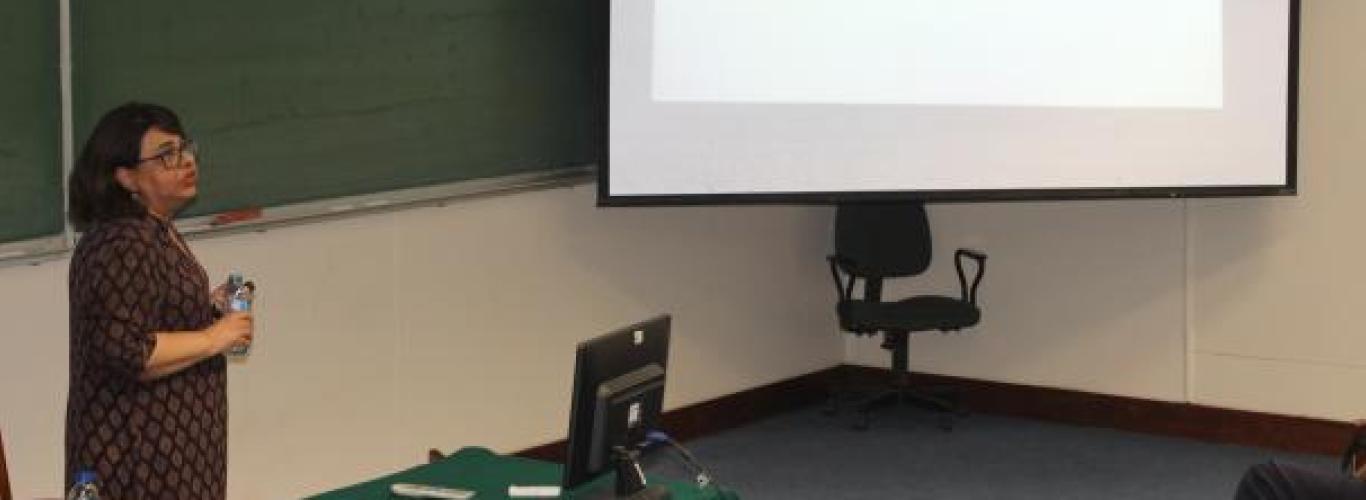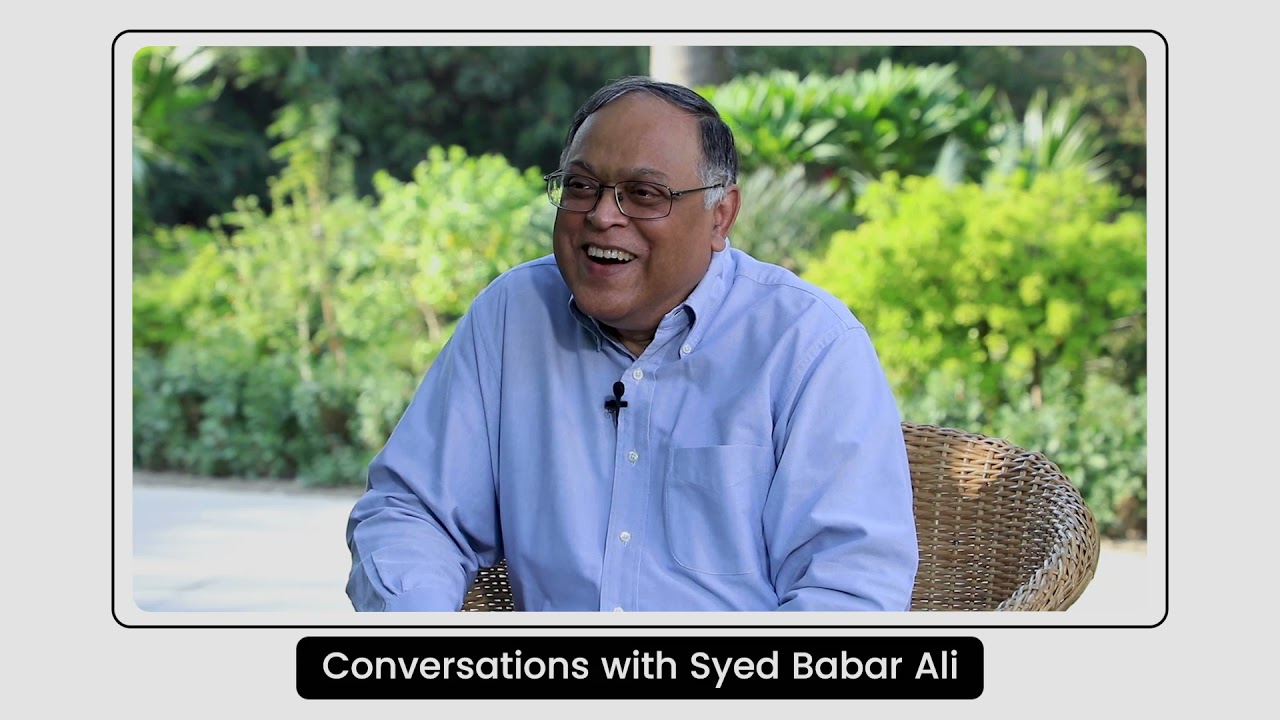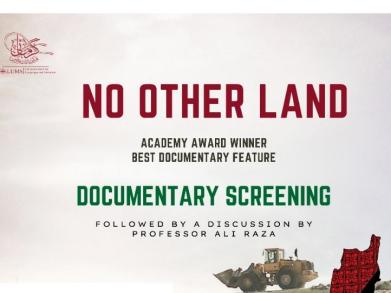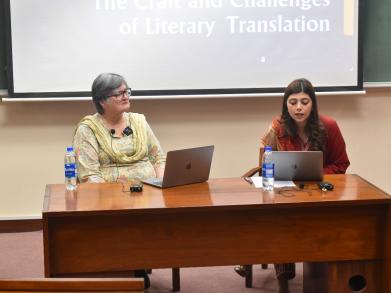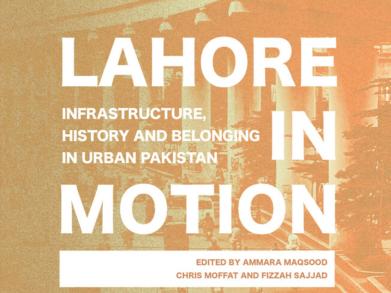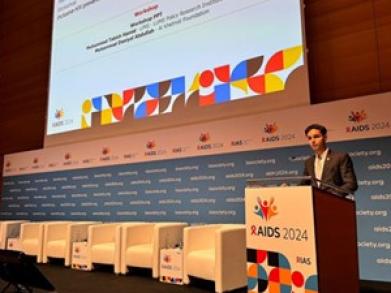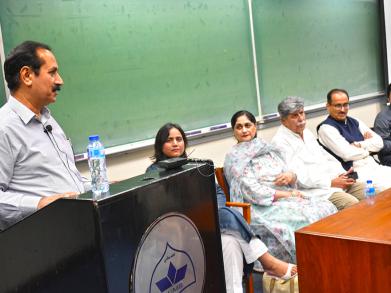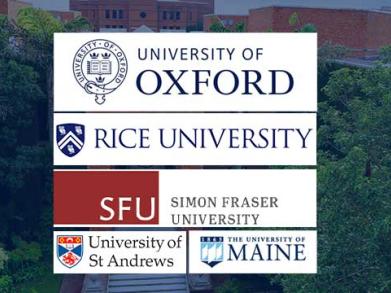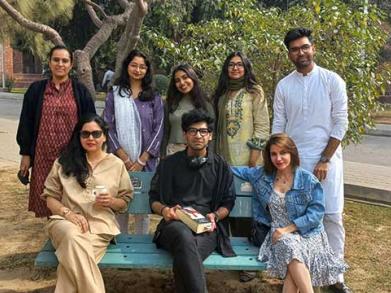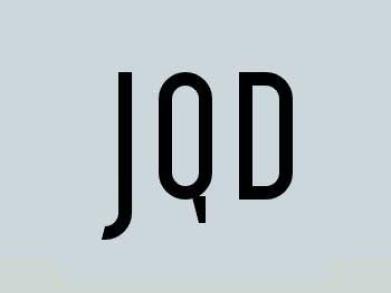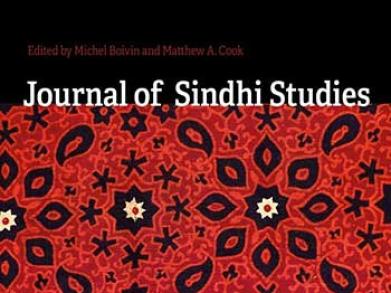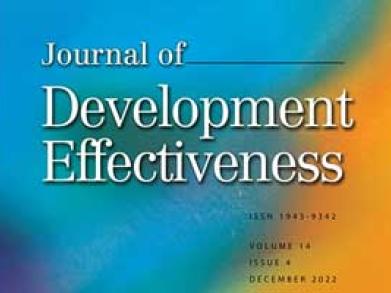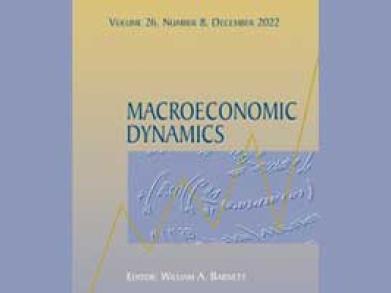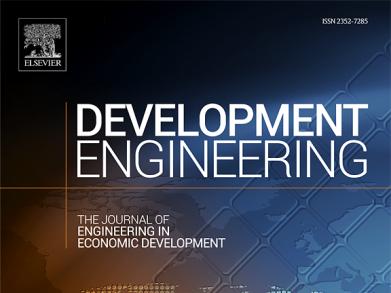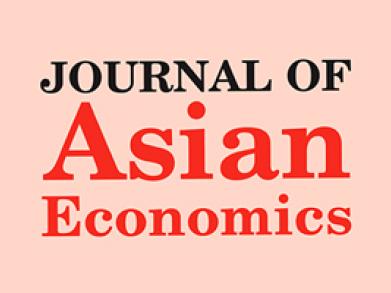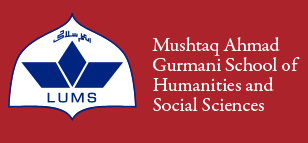MHRC Reform Dialogue: Enforcement for Sale? Irrigation Reform and Lobbying for Water in Pakistan’s Indus Basin
On February 28, 2020, the Mahbub ul Haq Research Centre (MHRC) at LUMS organized a lecture as part of its Distinguished Lecture Series with Dr Ghazala Mansuri, titled ‘Enforcement for Sale? Irrigation Reform and Lobbying for Water in Pakistan’s Indus Basin.’ Dr Mansuri is a Lead Economist in the Poverty Reduction and Equity Global Practice in the World Bank.
Moderated by Dr Ali Cheema, Director of the MHRC, the lecture focused on the impacts of governance reforms in the Indus Basin irrigation system in Pakistan. Using canal discharge data of about a quarter-million irrigators from Punjab between 2006 to 2014, Dr Mansuri addressed the question: how do governance reforms (in the form of decentralizing the allocation of public resources) impact rent-seeking and equity in Pakistan? Dr Mansuri shared that water theft increased on channels managed by farmer organizations compared to the ones managed by bureaucrats, reducing agricultural surplus and redistributing wealth from downstream to upstream landowners. Consistent with a common agency lobbying framework, the increase in water theft was greater along channels with relatively influential landowners situated upstream.

